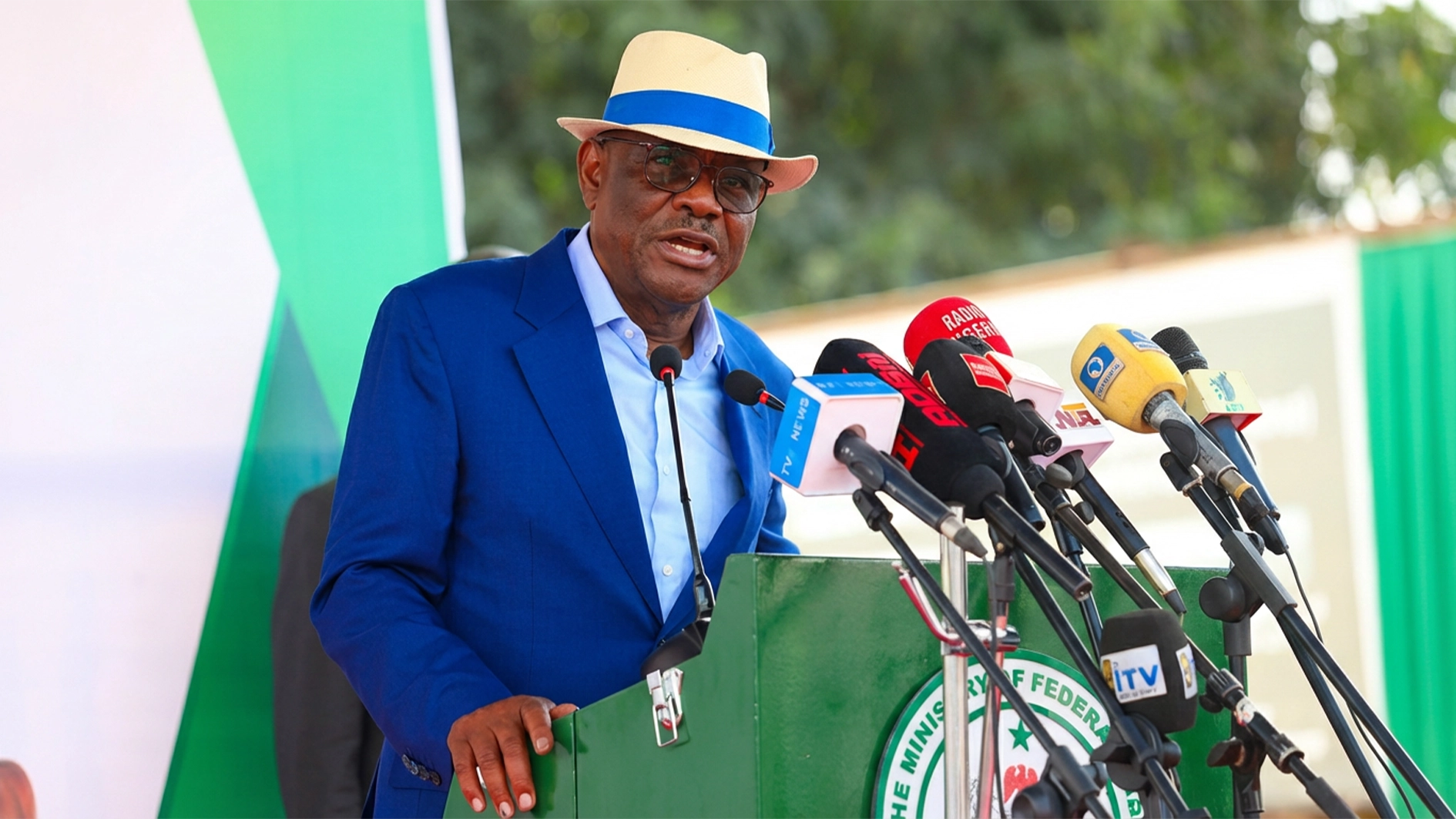The United Nations Office for the Coordination of Humanitarian Affairs (UNOCHA) has expressed serious concern over increasing hunger, poverty, and insecurity in Nigeria, stating that approximately 31 million people are food insecure, with more than 10 million children under five suffering from acute malnutrition, and 3.5 million facing severe malnutrition.
This was announced at a joint meeting between the Federal Government and UNOCHA to commemorate the 2025 World Humanitarian Day, themed “Strengthening Global Solidarity and Empowering Local Communities,” on Tuesday in Abuja.
The UN insisted that urgent measures are needed to halt the worsening trend.
UN Resident and Humanitarian Coordinator for Nigeria, Mohamed Fall, noted that this year’s commemoration takes place amid a significant decline in global solidarity for people in need of humanitarian assistance, with international humanitarian financing severely underfunded.
“In Nigeria, humanitarian needs are escalating, characterised by rising food insecurity and malnutrition.
“Currently, it is estimated that 31 million people are food insecure, over 10 million children under five are acutely malnourished, and 3.5 million face severe malnourishment,” he said.
He pointed out that the humanitarian community faces unprecedented challenges, with international humanitarian law often disregarded and a growing trend towards self-interest undermining multilateralism.
Calling for urgent reform in the humanitarian system by leveraging the experiences and knowledge of both local and international partners, Fall said strengthening global solidarity and empowering local communities remains critical.
He urged the humanitarian community in Nigeria to enhance the efficiency, accountability, and transparency of operations by ensuring that efforts are government-led and locally implemented.
Furthermore, he emphasised the need for a commitment to transitioning from internationally supported operations to locally led initiatives, and that by the end of the transition period, the international community should focus on enabling local actors rather than direct aid delivery.
Both partners called for the honouring of the memory of colleagues, particularly national staff, who have lost their lives aiding those affected by conflict and disasters.
Noting the importance of aid workers to the humanitarian sector, Minister of State, Federal Ministry of Humanitarian Affairs and Poverty Reduction, Dr. Tanko Sununu, said humanitarian operations must become more efficient, accountable and transparent.
He said that the Government of Nigeria, through the Ministry of Humanitarian Affairs and Poverty Reduction, recognises the importance of connecting humanitarian efforts with development and peace initiatives. ‘Therefore government plans to increase funding for humanitarian interventions and establish a framework for accountability and transparency,” he said.
Also, Head of Office UNOCHA, Trond Jensen, said that in Nigeria, humanitarian needs are increasing with food insecurity and malnutrition an unfolding disaster.
He said, “Pipelines for food and nutrition that are lifelines for millions of people, especially children under the age of five, are severely disrupted, if not completely depleted.
“Millions of children are at risk of life-threatening Severe Acute Malnutrition (SAM).
“Urgent action is needed for about 400,000 SAM children, whose lives are in the balance if there is no immediate action to reverse the situation and save their lives.”
Both the government and the UN called for additional support from all stakeholders to alleviate the suffering of vulnerable populations.






